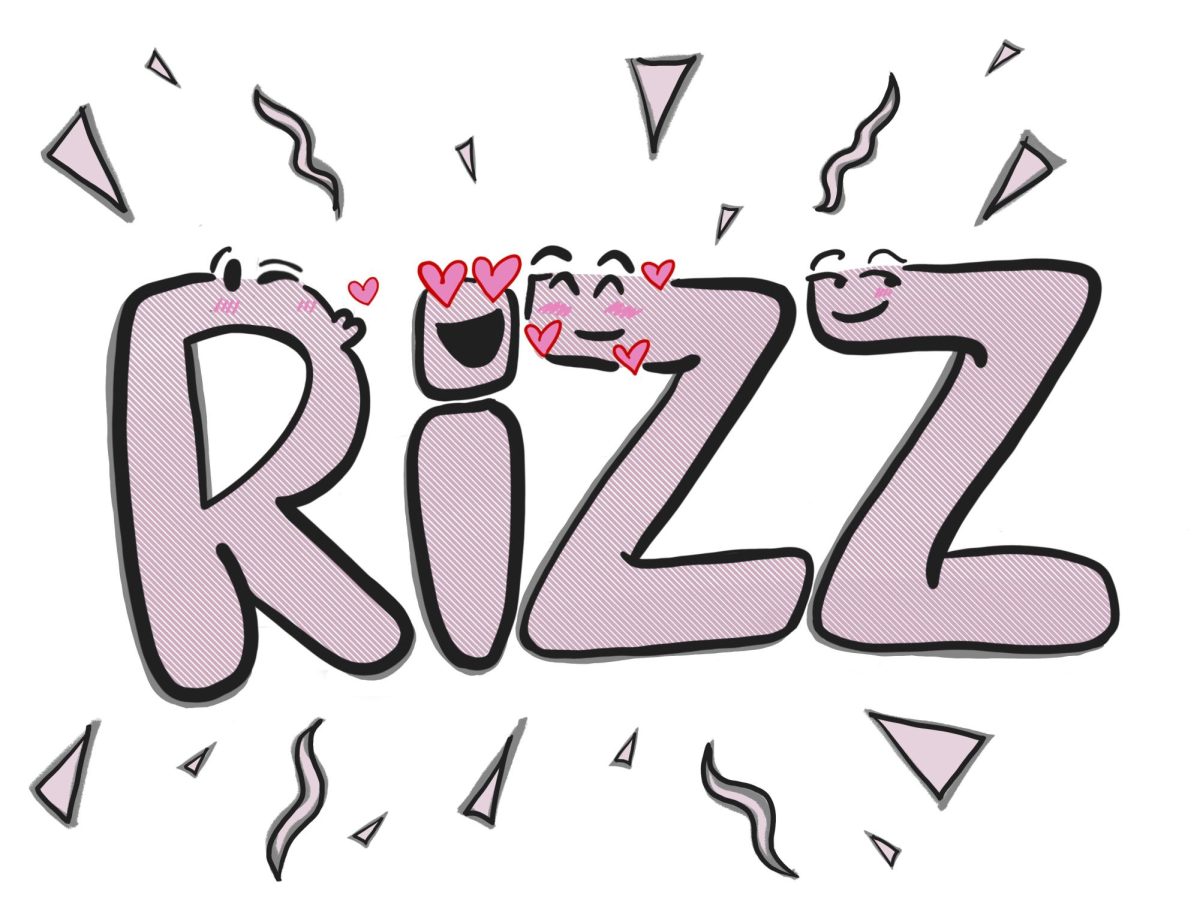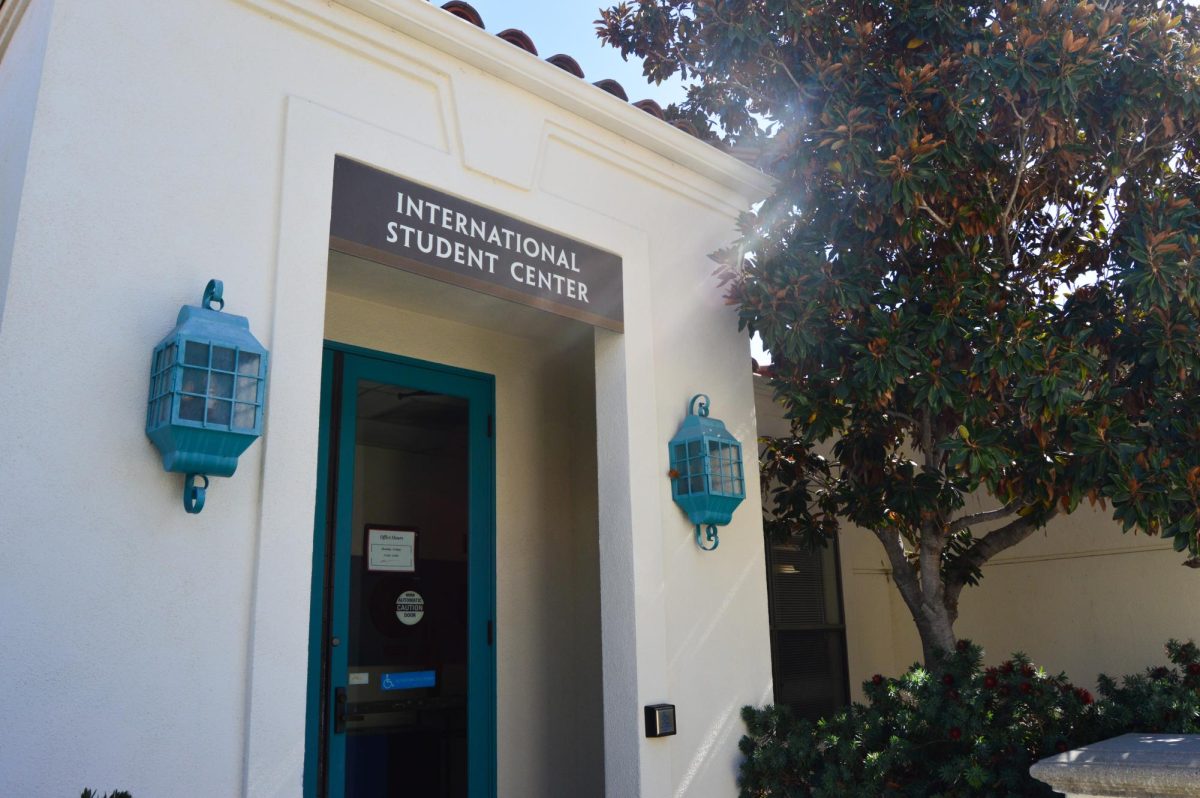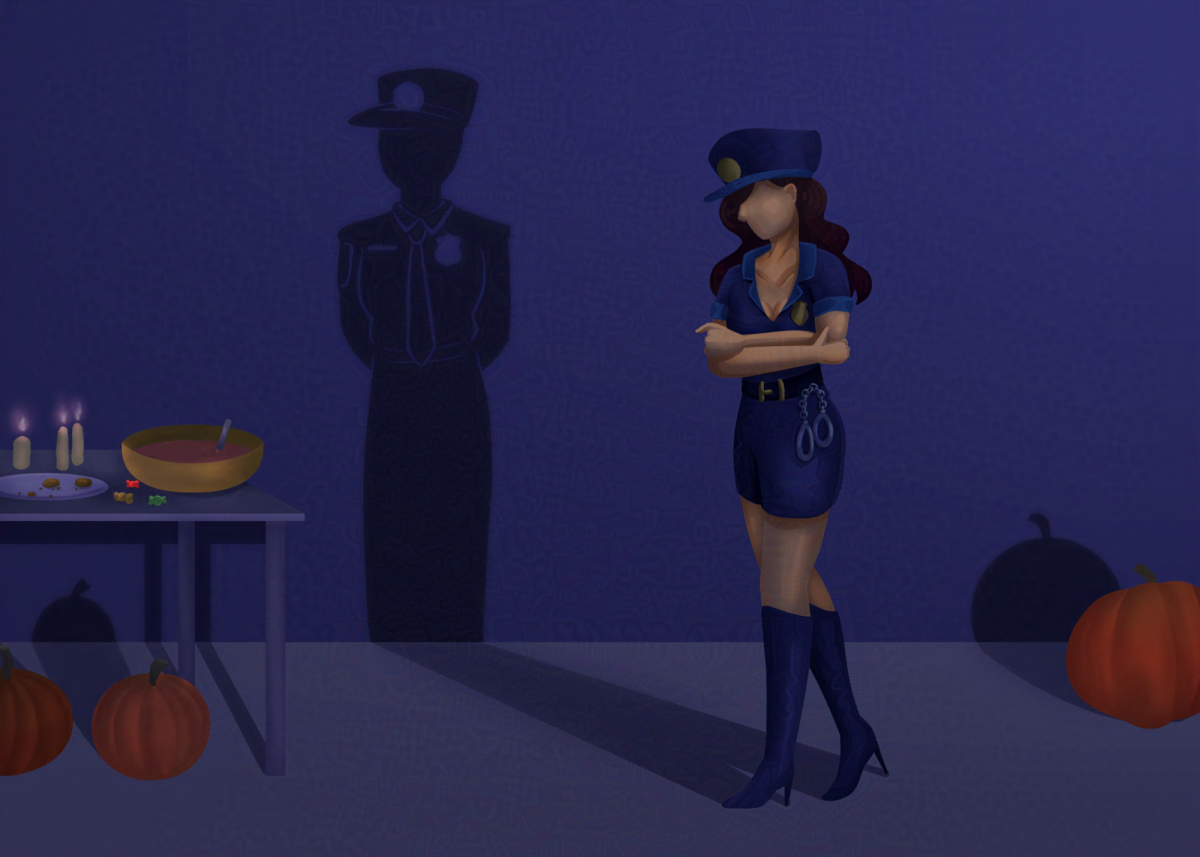When my uncle asked in our family group chat what “rizz’’ meant, I wanted to die a bit at first.
This was my documentary-watching, Washington Post-reading uncle. But if he was asking me about this silly word, I knew there had to be a value to learning
Rizz, a word created by Kai Cenat, online streamer and Youtuber, is described when someone uses charm to win over another person they’d otherwise have no shot with. The use of the word skyrocketed after Tom Holland was asked about his “level of rizz” in a Buzzfeed interview.
But even with Holland’s endorsement of the word, it still hasn’t gotten mainstream approval from older generations.
Despite this, the Oxford dictionary found that rizz was the highest used word in 2023 among 22 billion words in English-speaking sources. It was also voted due to its “potential as a term of lasting cultural significance.”
As silly as it may seem, the use of the word “rizz” is just one sign of how the English language is evolving as a result of social media, and that deserves the same attention as any other innovation.
Language evolution in general is nothing new. We clearly don’t speak Shakespearean English when trying to order a California burrito, and frat guys no longer say they are “cruising for a bruising.” The needs and habits of speakers change with new technologies and environments.
But social media and the internet have caused the biggest shift yet, connecting the world like never before. And it’s not going anyway any time soon.
This shift has expanded opportunities for language creation. We can communicate ideas faster than ever, personalize words to Gen-Z and be more context-dependent than ever.
One of the earliest practices of social media networking sites was limiting the amount of characters a person could post in a caption. This limitation transformed into the basis of textspeak — giving birth to acronyms such as “LOL” and “OMG” — and no one bats an eye at it.
While this was ushered in by millennials on their Myspace pages, Gen-Z has delved deeper into the rabbit hole. Those who are chronically online can abbreviate up to eight letters and read it out without a blink. But textspeak still isn’t seen as the mental workout it is. Older adults often treat abbreviations as if we are butchering language or being lazy. In reality, we turned a barrier into a creative challenge to abbreviate words any way we could.
When it comes to talking about the changes social media has brought to language, I would be doing a disservice by not bringing up the phenomenon of “girl math” and “girl dinner.” It captivated Gen-Z and infected many conversations since the rise of the trend.
Social media is powerful because of the global communities we can create, which lead us to meet and connect with others. And that has been a tool for new languages.
When women found out that they are guilty of subbing in tiny treats for a full meal, knowing that cash doesn’t count when spending money, they just had to rush to make a word for it.
Cultural trends and new words can go viral in minutes. Immortalizing the language of Gen-Z is an advantage this generation has perfected. No wonder linguists are seeing new words like rizz exceed the popularity of longer established words.
When walking past crowds of Gen-Z, it’s hard to miss them blurting out random “TikTok sounds” as a socially acceptable way to communicate. It’s easy for bystanders to mistake these interactions as an impromptu game of pictionary or two insane people out in the wild. When in reality, this is context dependent language born from one-liners that go viral and soon after become adopted in everyday life.
When we are able to apply phrases to multiple scenarios and understand them, that requires a level of intuition that is impressive and should be applauded.
We live in a brave new world, where our fingers type ideas on our screens and soon after words roll off the tongue.
While I originally rolled my eyes at “rizz” being learned by my uncle, I now roll my eyes at those who think they are too high and mighty for social media slang. These words are the ones that will keep this generation alive in memory, and be taught in textbooks as the biggest era of language evolution.
By not taking “rizz” and other new words seriously, you might as well live under a rock.








